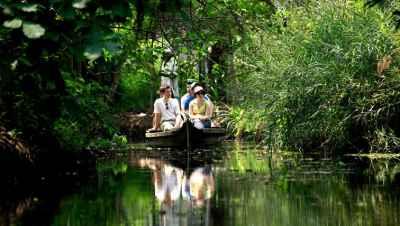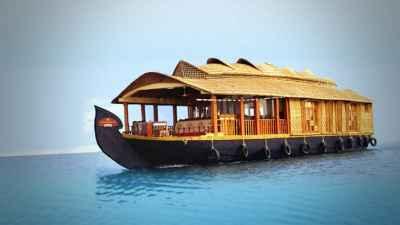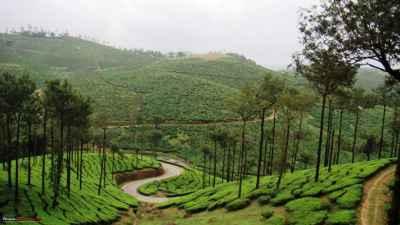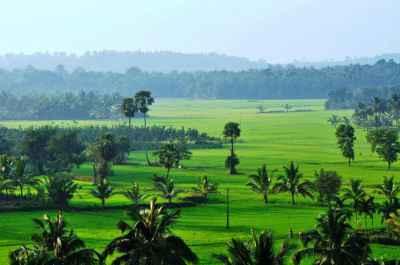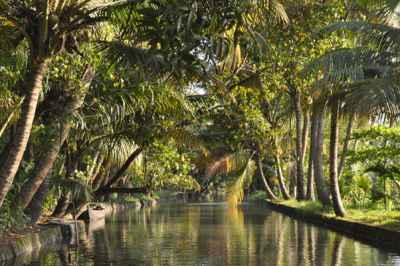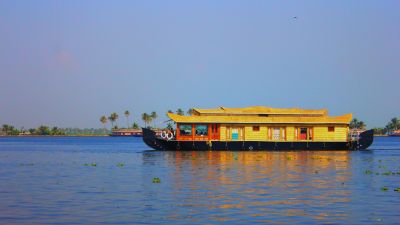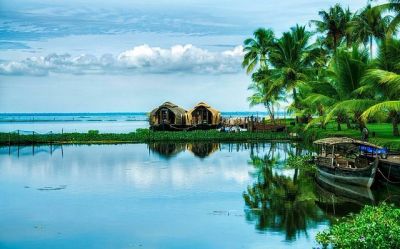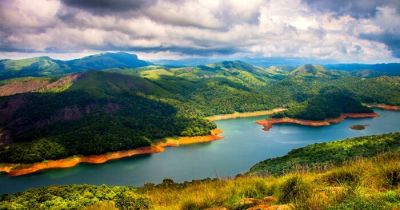Nurturing Nature in Kerala: Eco-Tourism Initiatives
Kerala, known as "God's Own Country," is a treasure trove of natural beauty and diversity. With its lush greenery, serene backwaters, and pristine beaches, Kerala has always been a popular destination for nature lovers and adventure enthusiasts. However, the state has also made significant strides in promoting eco-tourism initiatives to conserve its delicate ecosystems and help visitors experience the wonders of nature in a responsible and sustainable manner.
What is Eco-Tourism?
Eco-tourism, in simple terms, refers to responsible travel to natural areas that conserves the environment and improves the well-being of local communities. It aims to minimize the negative impacts of tourism on natural ecosystems, promote conservation efforts, and educate visitors about the importance of preserving the biodiversity and cultural heritage of a place.
Kerala, with its rich biodiversity and pristine landscapes, provides an ideal setting for eco-tourism initiatives. Let's delve into some of the remarkable eco-tourism initiatives the state has to offer.
1. Periyar Tiger Reserve
Located in the Western Ghats, the Periyar Tiger Reserve is a biodiversity hotspot that spans over 900 square kilometers. It is home to rare and endangered species like the Bengal tiger and the Nilgiri langur. The reserve offers various eco-tourism activities, including guided treks, bamboo rafting, and nature walks that allow visitors to explore the dense forests and spot wildlife in their natural habitat.
With its focus on wildlife conservation and community participation, the Periyar Tiger Reserve has become a model for eco-tourism in India. The proceeds from the eco-tourism activities are used for various conservation programs and to support the local communities.
2. Kumarakom Bird Sanctuary
Spread across 14 acres, the Kumarakom Bird Sanctuary is a haven for bird watchers and nature enthusiasts. Situated on the banks of the Vembanad Lake, the sanctuary is home to over 180 species of birds, including migratory birds from different parts of the world.
Visitors can explore the sanctuary by boat or on foot and witness the mesmerizing sight of birds in their natural habitat. The sanctuary also offers opportunities for boating and fishing, with strict regulations in place to ensure the preservation of the fragile ecosystem.
3. Silent Valley National Park
Located in the Nilgiri Hills, the Silent Valley National Park is a UNESCO World Heritage Site and one of the last undisturbed tracts of tropical evergreen forests in India. The park is home to a variety of flora and fauna, including the Lion-tailed macaque and the Nilgiri tahr.
To preserve the delicate ecosystem of the park, the authorities have limited the number of visitors and strictly regulated activities. Visitors can embark on guided treks and nature walks to explore the breathtaking beauty of the park while minimizing their ecological footprint.
4. Wayanad Wildlife Sanctuary
Surrounded by the Western Ghats, the Wayanad Wildlife Sanctuary is a vast expanse of untouched wilderness. It is home to a diverse range of wildlife, including elephants, tigers, leopards, and deer. The sanctuary offers various eco-tourism activities, such as jeep safaris, trekking, and camping, allowing visitors to get up close and personal with nature.
Guided tours are conducted by experienced naturalists who provide valuable insights into the region's biodiversity and conservation efforts. The sanctuary also emphasizes the involvement of local communities in eco-tourism initiatives, ensuring that they benefit from the sustainable development of the region.
5. Varkala Beach
Varkala Beach, located in the southern part of Kerala, is not only a stunning beach but also a hub for eco-tourism activities. The beach offers breathtaking views of the Arabian Sea and the dramatic red cliffs that rise alongside it.
Eco-tourism initiatives in Varkala include activities like beach cleanups, conservation workshops, and nature trails. Visitors can also witness the traditional fisherman community and their unique fishing techniques, which have been handed down through generations.
Conclusion
Kerala's eco-tourism initiatives are a testament to the state's commitment to preserving its natural and cultural heritage. By promoting responsible and sustainable tourism, Kerala sets an example for other destinations to follow.
Visiting these eco-tourism sites not only allows travelers to connect with nature but also contributes to the conservation efforts and economic well-being of local communities. So, the next time you plan a trip to Kerala, make sure to explore these eco-tourism initiatives and nurture nature while creating unforgettable memories.
Don't forget to share this blog post with your friends and family who love nature and eco-friendly travel!
Disclaimer : The information provided in this blog is for general informational purposes only. While we strive to keep the content accurate and updated, TravelSetu assumes no liability for errors or omissions. If you believe any part of this blog infringes your rights or causes concern, please notify us immediately at info[at]travelsetu[dot]com so that appropriate action can be taken.

